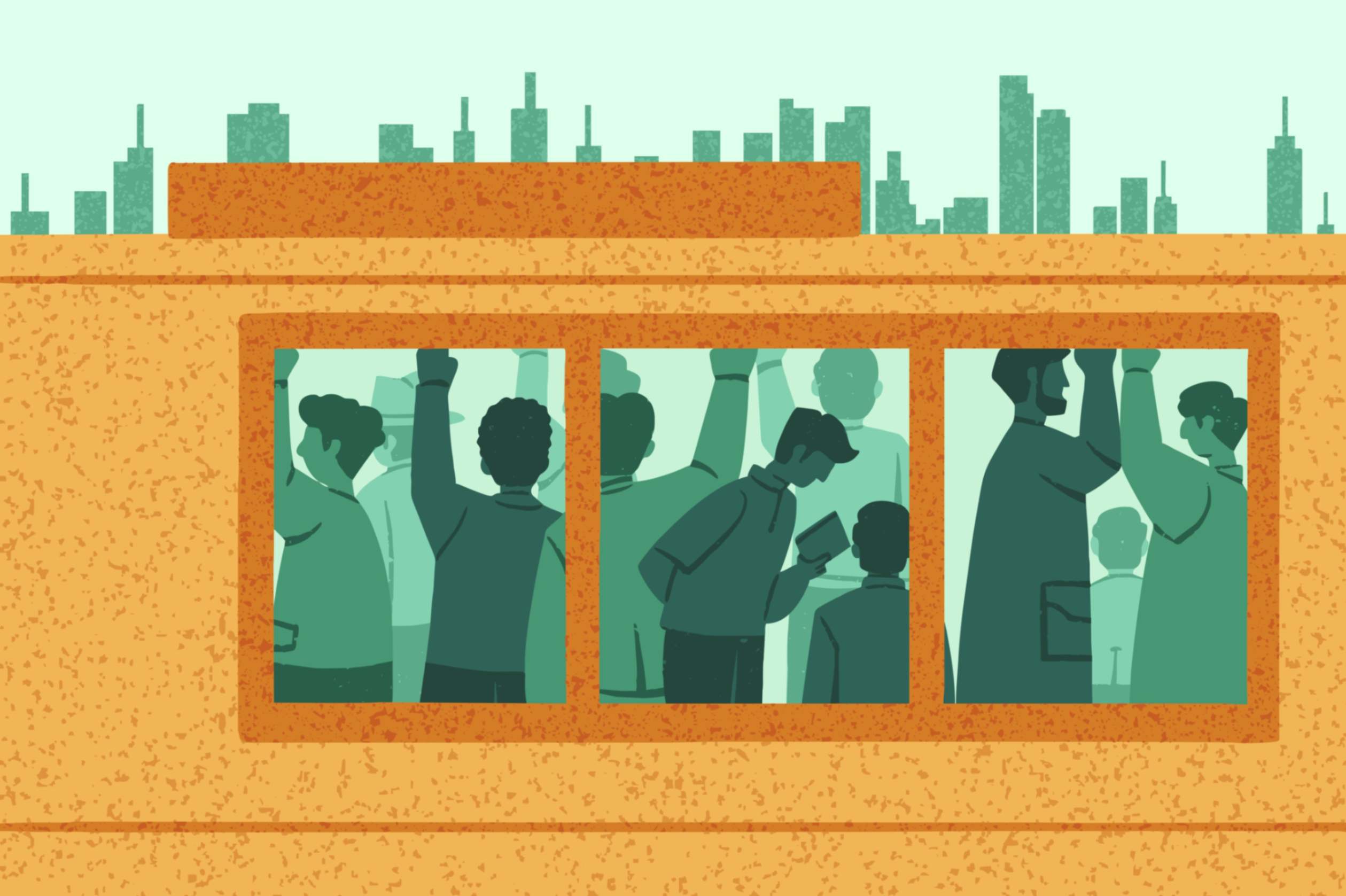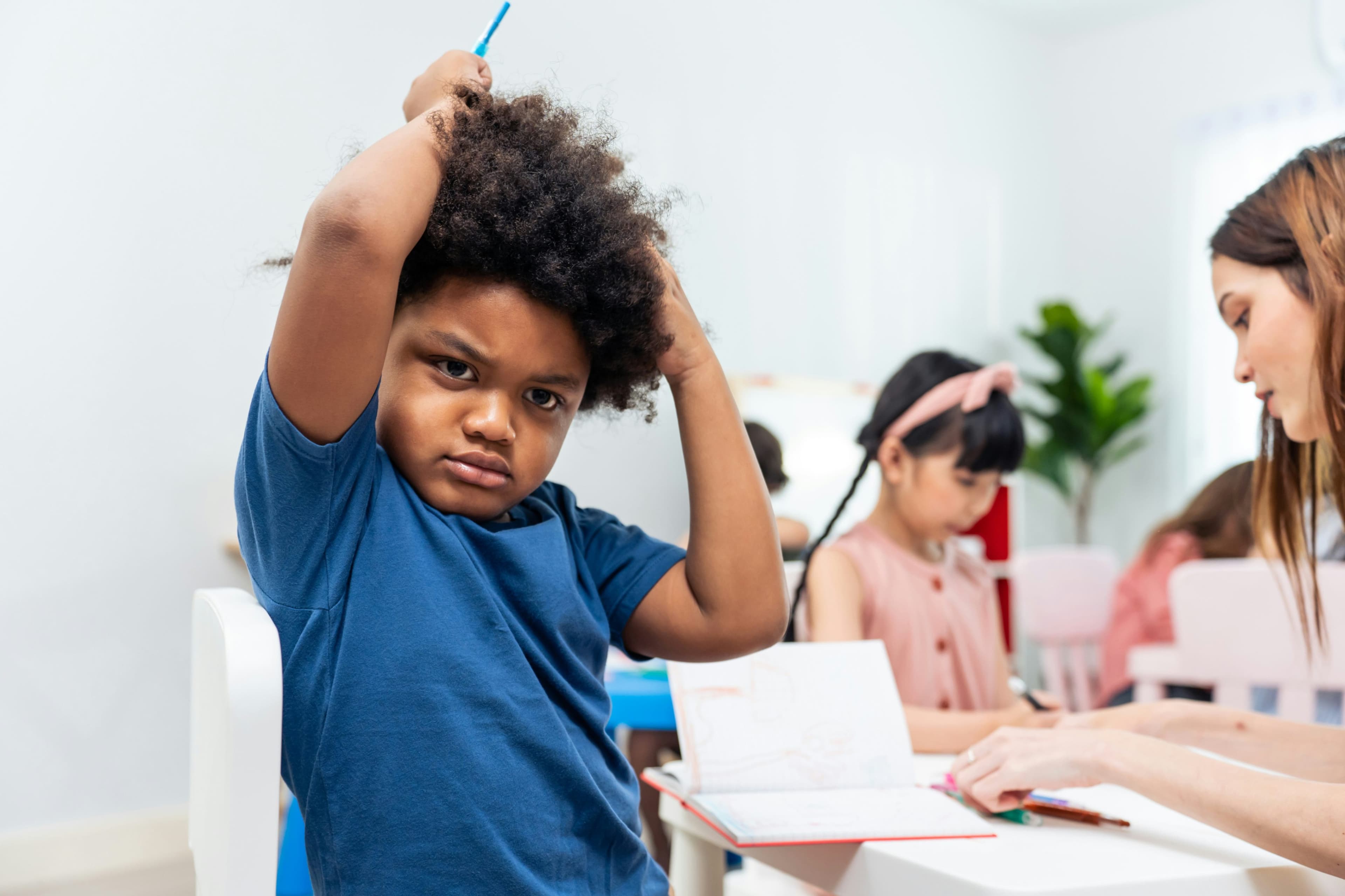
Classrooms That Work: Real Projects, Real Problems, Real Career Skills
Project-based learning (PBL) and experiential learning strategies offer a practical framework for merging academic content with workplace readiness skills. In high school classrooms where testing accountability remains high, these methods provide a pathway for students to engage deeply with content while also practicing essential soft skills such as collaboration, adaptability, and problem-solving. By aligning projects with curriculum standards, educators can ensure students are mastering required knowledge while simultaneously preparing for post-graduation environments.
To be effective, these approaches must be intentionally structured to include both individual and group responsibilities, decision-making opportunities, and real-world relevance. According to the Buck Institute for Education, successful PBL requires rigorous planning that includes student voice and choice, sustained inquiry, and opportunities for reflection and critique1. These elements naturally cultivate adaptability as students respond to new information, shifting roles, and the feedback of peers and instructors. In this way, the classroom becomes a microcosm of the modern workplace, where flexibility and teamwork are indispensable.
Case Study: Community-Based Sustainability Project
One project that exemplified the integration of collaboration and adaptability was a semester-long initiative in which students partnered with local government departments to address neighborhood sustainability concerns. The project began with students identifying environmental challenges in their community through site visits and interviews with city staff. Working in teams, they proposed solutions such as rainwater collection systems, composting programs, and energy audits for public facilities.
Each team was responsible for researching the feasibility of their proposed solution, developing a budget and implementation plan, and presenting their findings to a panel that included city officials, school administrators, and local business leaders. Throughout the project, students encountered shifting variables such as changing municipal regulations, feedback that required them to revise their proposals, and staff availability that influenced access to data. These dynamics required students to adapt, reassign roles within their teams, and maintain communication under real-world constraints. The practical impact was clear: students not only learned about environmental science and local governance but also how to navigate complex, evolving tasks with a team—skills directly transferable to future employment settings2.
Scaffolding Collaboration and Adaptability in Instruction
To foster collaboration intentionally, instructional planning must incorporate structured group roles, exercises the promote collective buy-in, and regular peer feedback. In the sustainability project, each student team had designated roles such as project manager, researcher, communications liaison, and data analyst. These roles rotated mid-project to ensure that every student had the opportunity to lead and support, a practice shown to improve shared efficacy and accountability3. Rubrics were co-developed with students to assess not just final products but group dynamics and problem-solving processes.
Adaptability was reinforced during weekly reflection sessions where students documented challenges and how their teams responded. This metacognitive practice helped students internalize strategies for adjusting goals and expectations—whether due to new information, time constraints, or interpersonal dynamics. These reflections were shared and discussed in class, allowing students to learn from each other's experiences and receive targeted coaching. This level of intentional scaffolding aligns with research indicating that adaptability can be taught and strengthened through repeated, supported practice in dynamic settings4.
Partnerships with Local Government and Industry
Collaborations with municipal agencies and local businesses were essential to the authenticity and success of the project. City staff provided data, served as mentors, and evaluated student presentations using criteria relevant to actual municipal planning processes. These partnerships reflected a growing trend in workforce development initiatives that emphasize early exposure to civic and professional environments5. For students, this created a sense of purpose and accountability that extended beyond the classroom.
These relationships also allowed for feedback loops that mirrored real workplace scenarios. For example, when one group proposed a composting initiative in a public park, city officials highlighted logistical concerns regarding waste management contracts. The students had to revisit their plan, consult with sanitation staff, and revise their proposal under new constraints. This iterative process not only reinforced adaptability but also helped students understand the importance of stakeholder input and regulatory frameworks, which are critical to public sector and nonprofit careers alike.
Long-Term Benefits and Student Outcomes
Students who participated in the sustainability project reported increased confidence in their ability to lead teams, communicate professionally, and adjust to changing conditions. These outcomes were supported by post-project surveys and teacher observations, which indicated significant growth in skills often described as difficult to measure through standardized assessments. Importantly, several students leveraged their experience in scholarship applications, job interviews, and early internship placements with city departments.
Research supports the value of these outcomes. A study by the Partnership for 21st Century Learning found that students engaged in collaborative, project-based environments demonstrate higher levels of engagement and improved problem-solving abilities6. These competencies are consistently ranked among the most desirable by employers, particularly in sectors requiring cross-functional teamwork and rapid response to emerging challenges. By embedding these skills within academic instruction, educators can better prepare students not just to meet graduation requirements, but to thrive in postsecondary and professional contexts.
Conclusion: A Model for Workforce Readiness
Preparing students for the workforce does not require a departure from core academic goals. Instead, it involves a deliberate integration of workplace competencies into the fabric of daily instruction. Through project-based learning that emphasizes collaboration and adaptability, educators can meet testing benchmarks while equipping students with the tools they need to succeed in diverse post-graduation pathways.
Municipal governments and school systems can work together to support these efforts through joint programming, shared expertise, and mentorship opportunities. These partnerships not only strengthen student learning but also cultivate a pipeline of young talent prepared to contribute meaningfully to their communities and the broader workforce. Investing in such approaches today lays the groundwork for more resilient, capable workers and citizens tomorrow.
Bibliography
Buck Institute for Education. “What is Project Based Learning?” PBLWorks. Accessed March 15, 2024. https://www.pblworks.org/what-is-pbl.
North Carolina Department of Public Instruction. “Career and Technical Education: Work-Based Learning Guide.” 2022. https://www.dpi.nc.gov/districts-schools/classroom-resources/career-and-technical-education-cte/work-based-learning.
Vygotsky, Lev. “Mind in Society: The Development of Higher Psychological Processes.” Cambridge, MA: Harvard University Press, 1978.
Martin, Andrew J., and Herbert W. Marsh. “Academic Resilience and Adaptability: Theory, Measurement, and Educational Outcomes.” British Journal of Educational Psychology 79, no. 3 (2009): 351–370.
National League of Cities. “City Strategies to Engage Older Youth in Work and Learning.” 2021. https://www.nlc.org/resource/city-strategies-to-engage-older-youth-in-work-and-learning/.
Partnership for 21st Century Learning. “Framework for 21st Century Learning Definitions.” 2019. https://static.battelleforkids.org/documents/p21/P21_Framework_DefinitionsBFK.pdf.
More from Education
Explore related articles on similar topics





